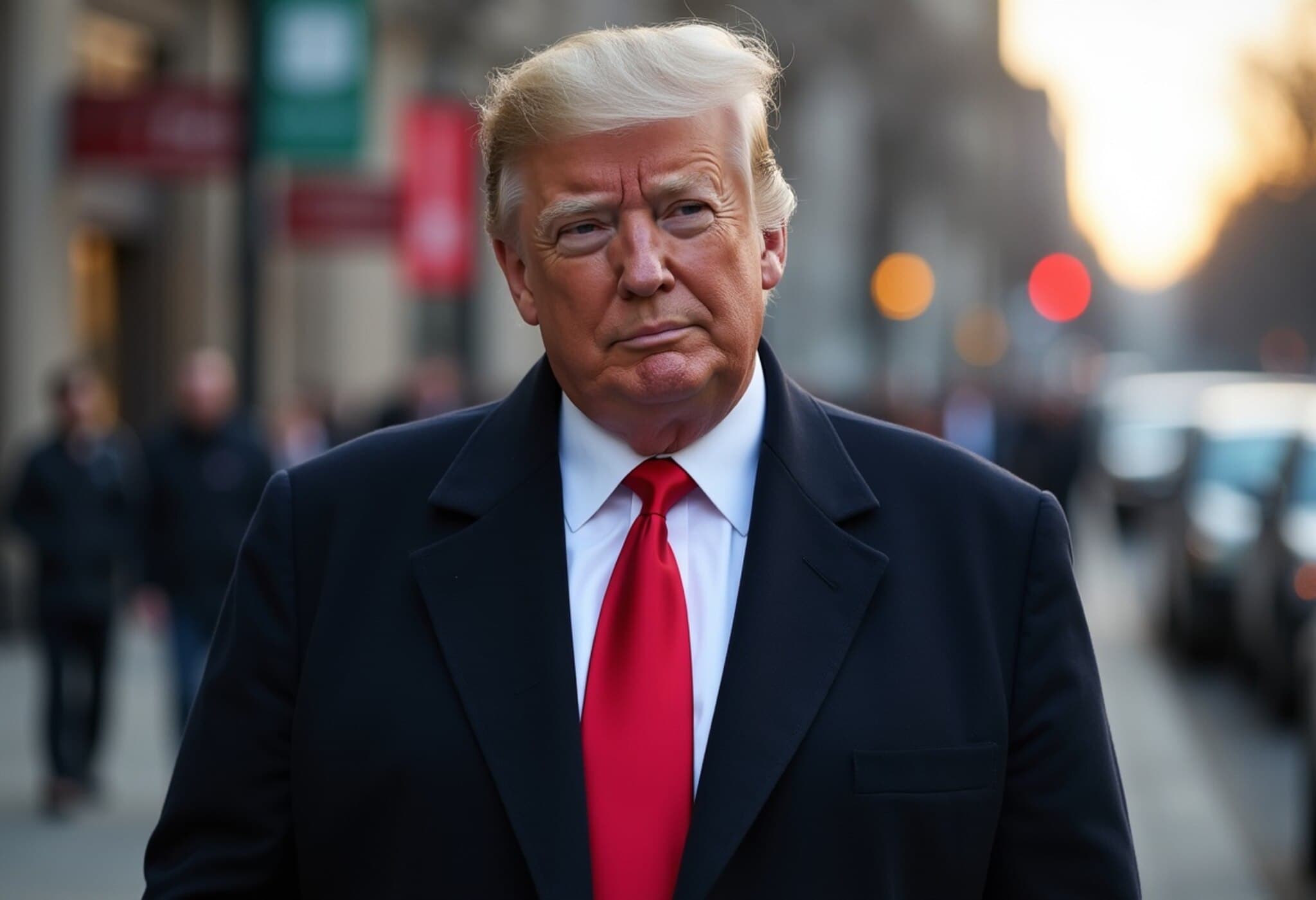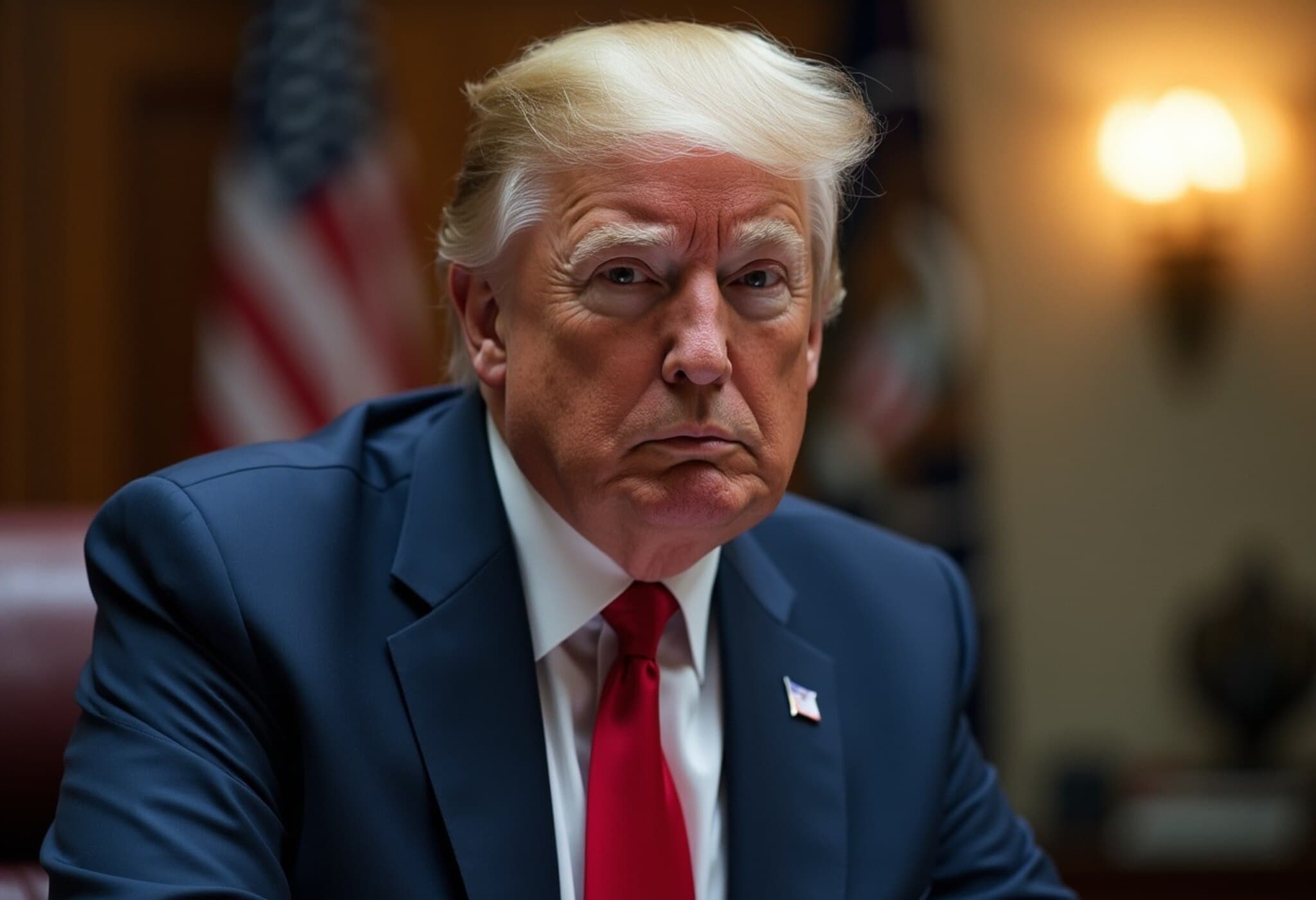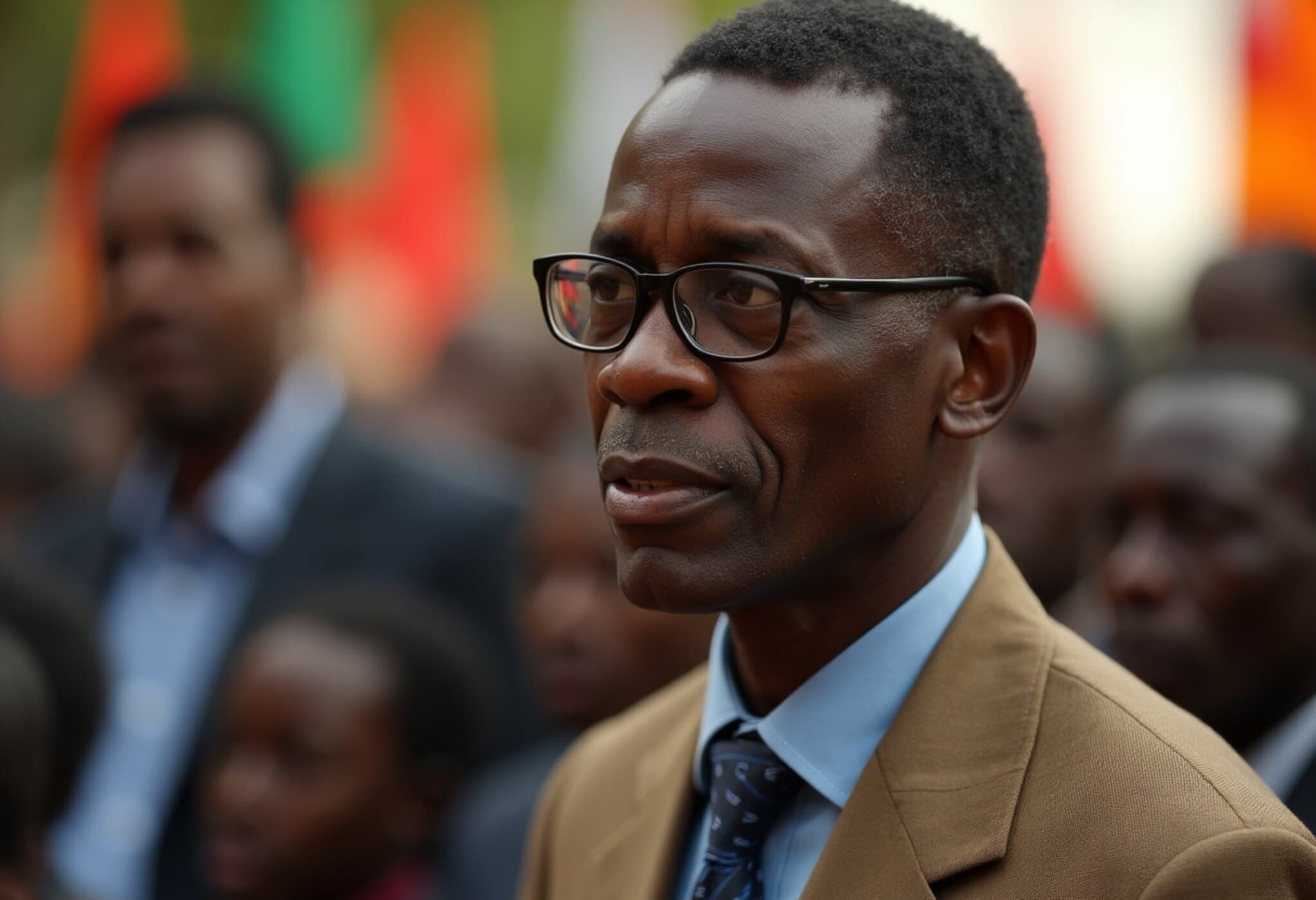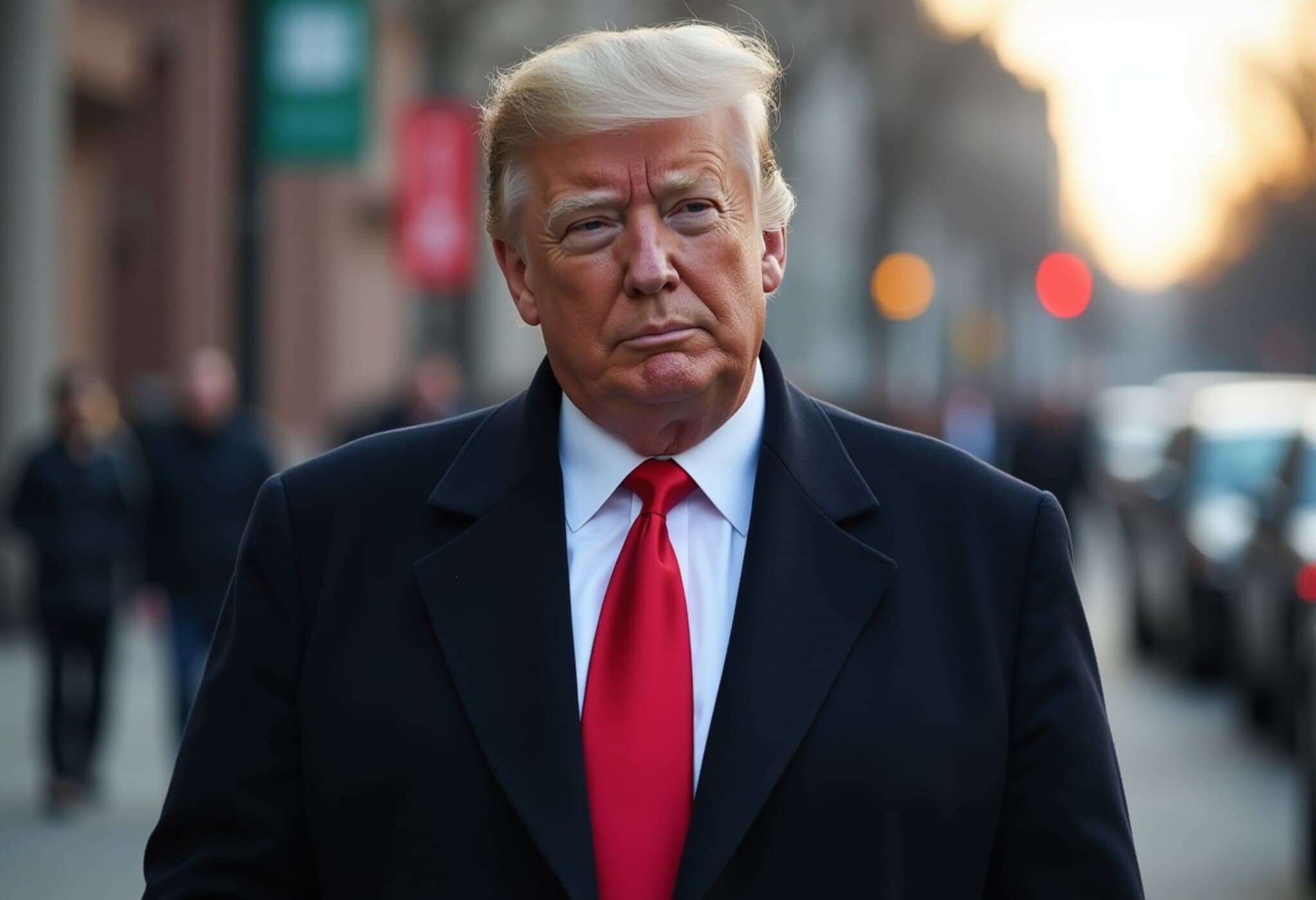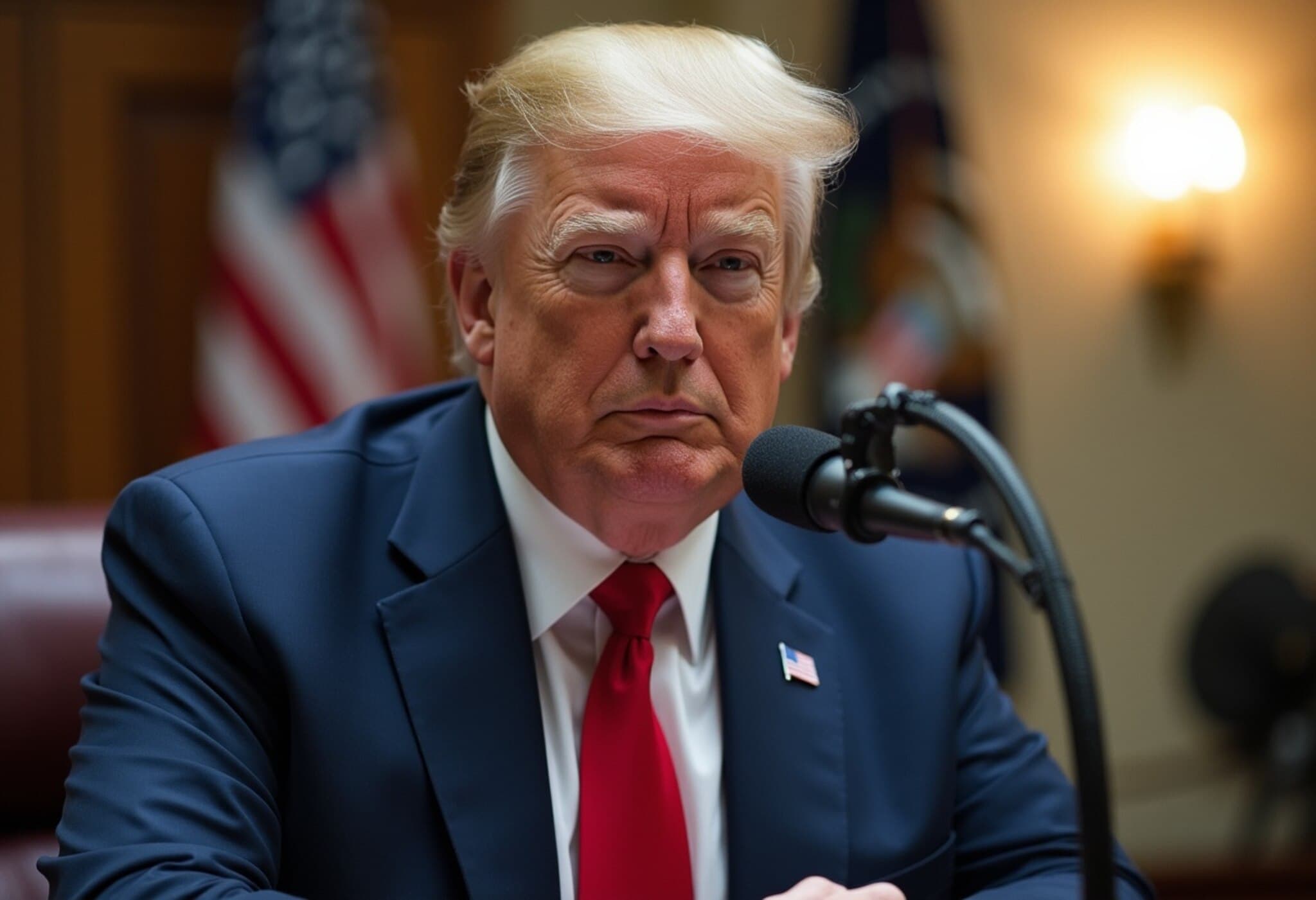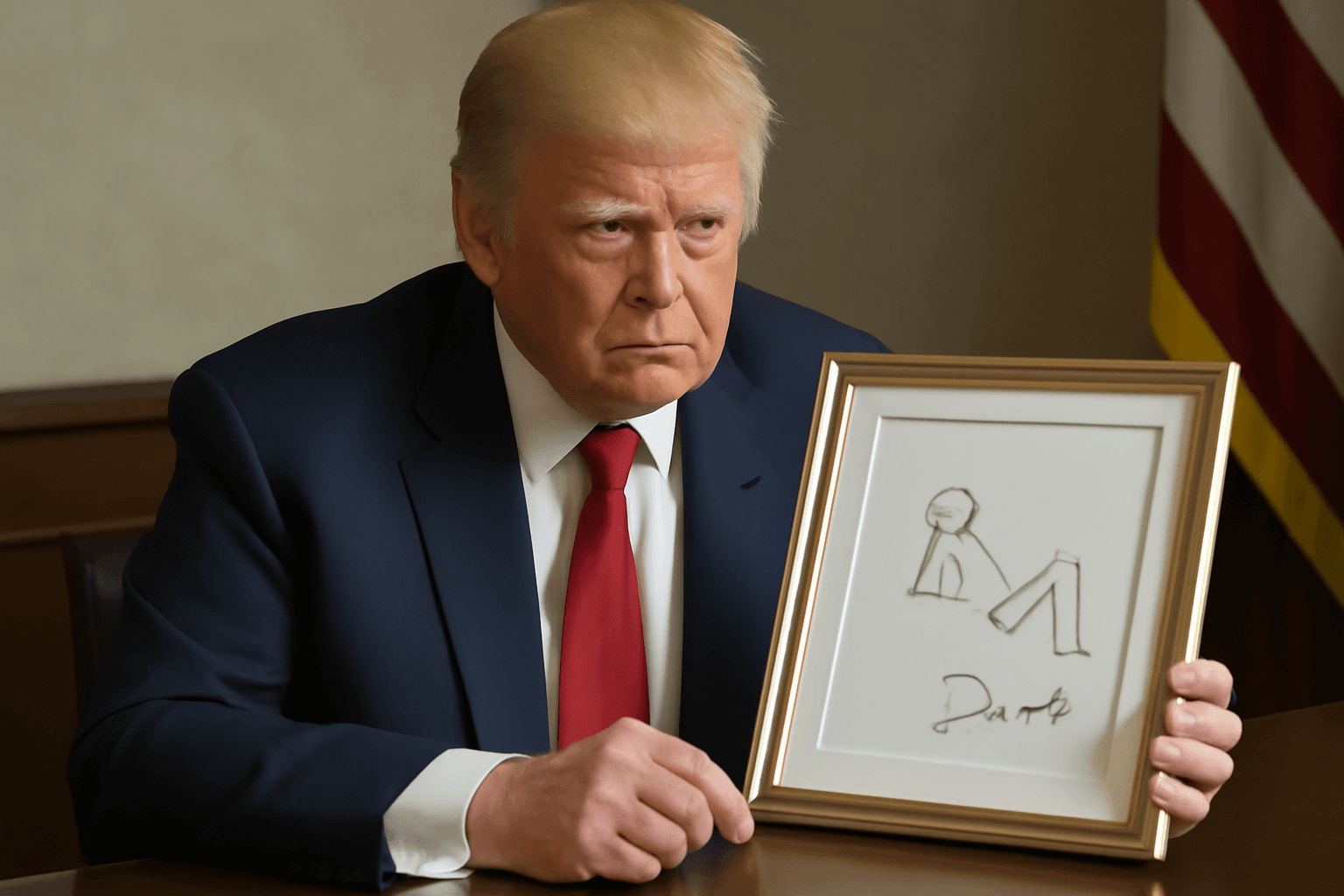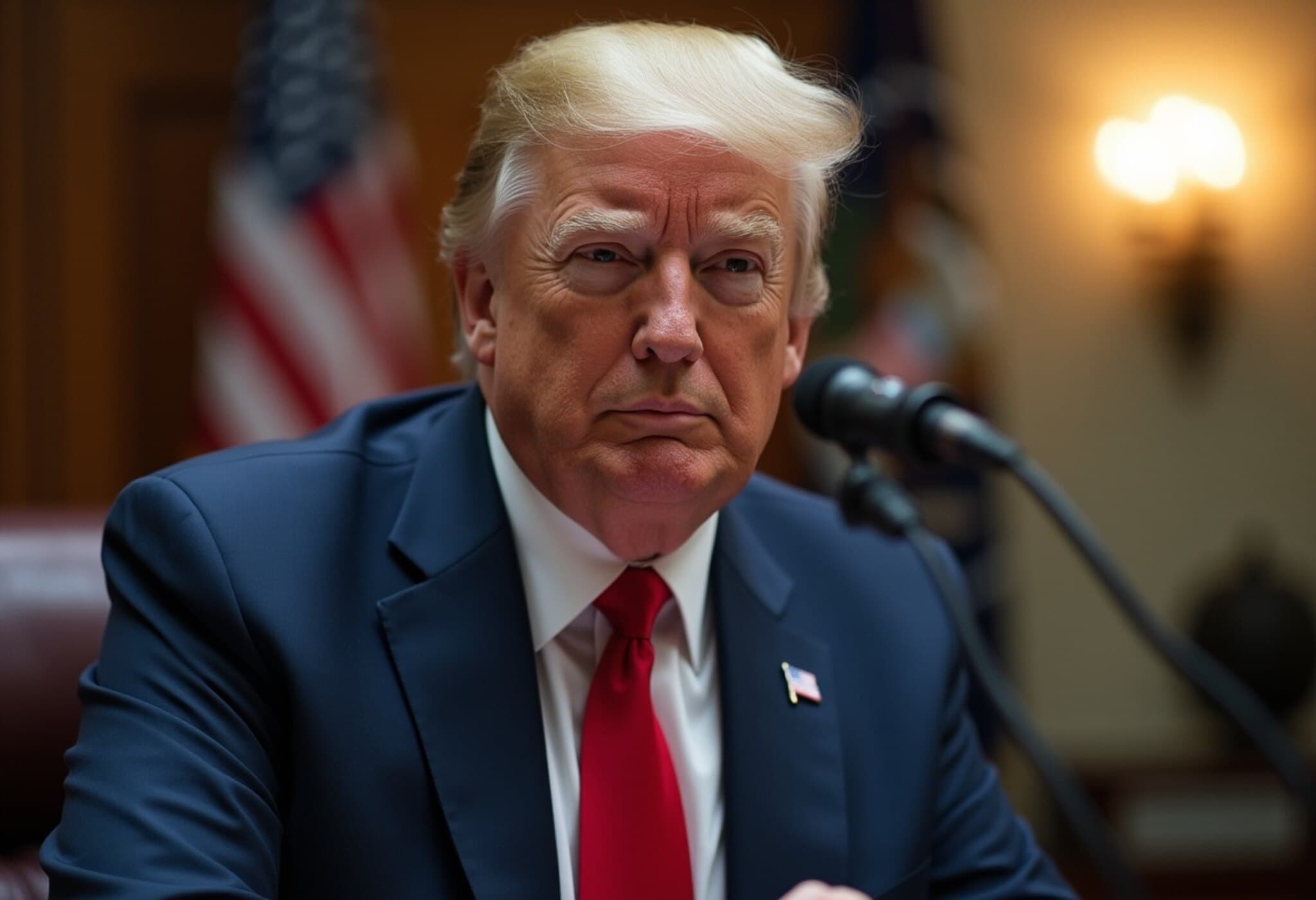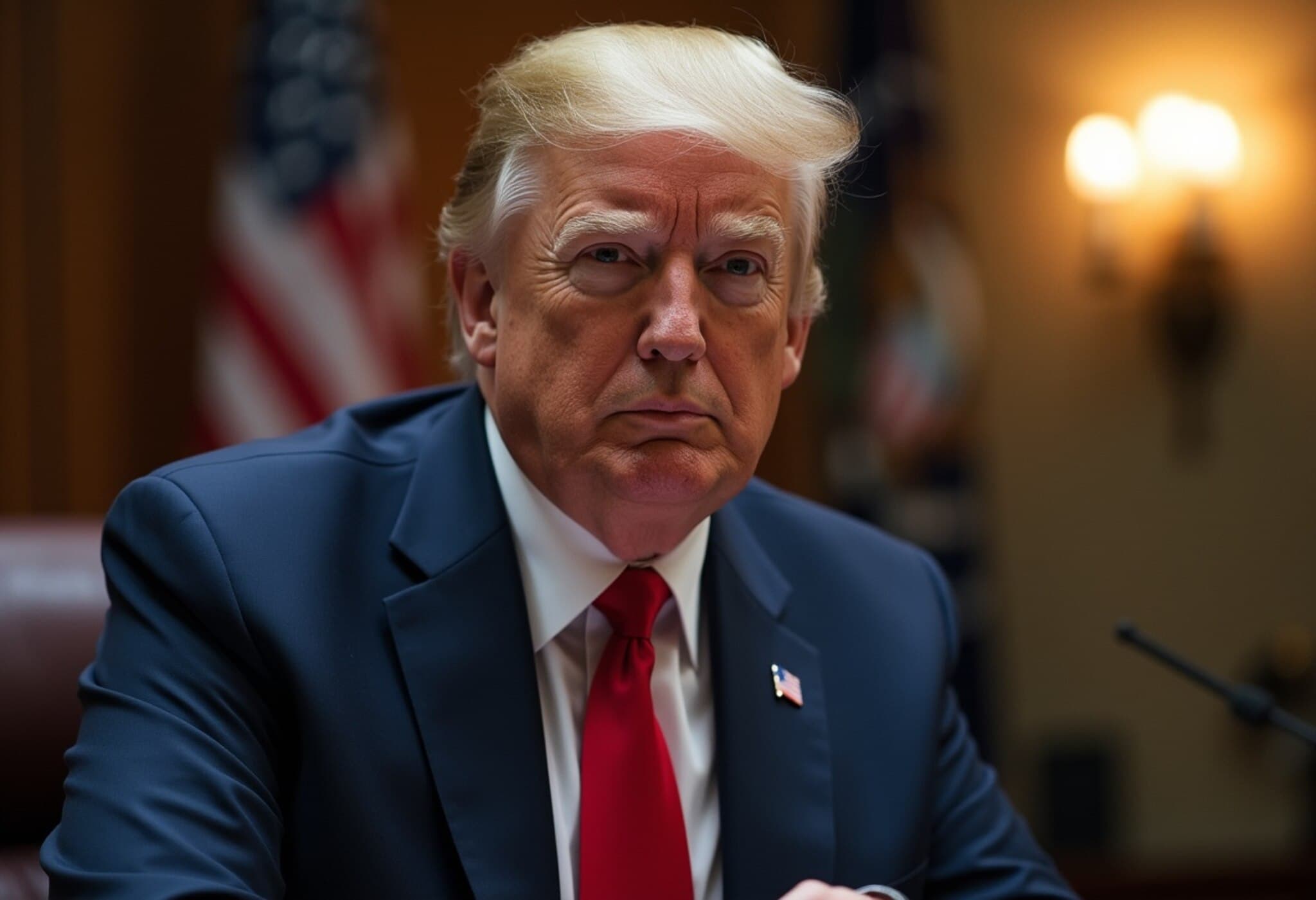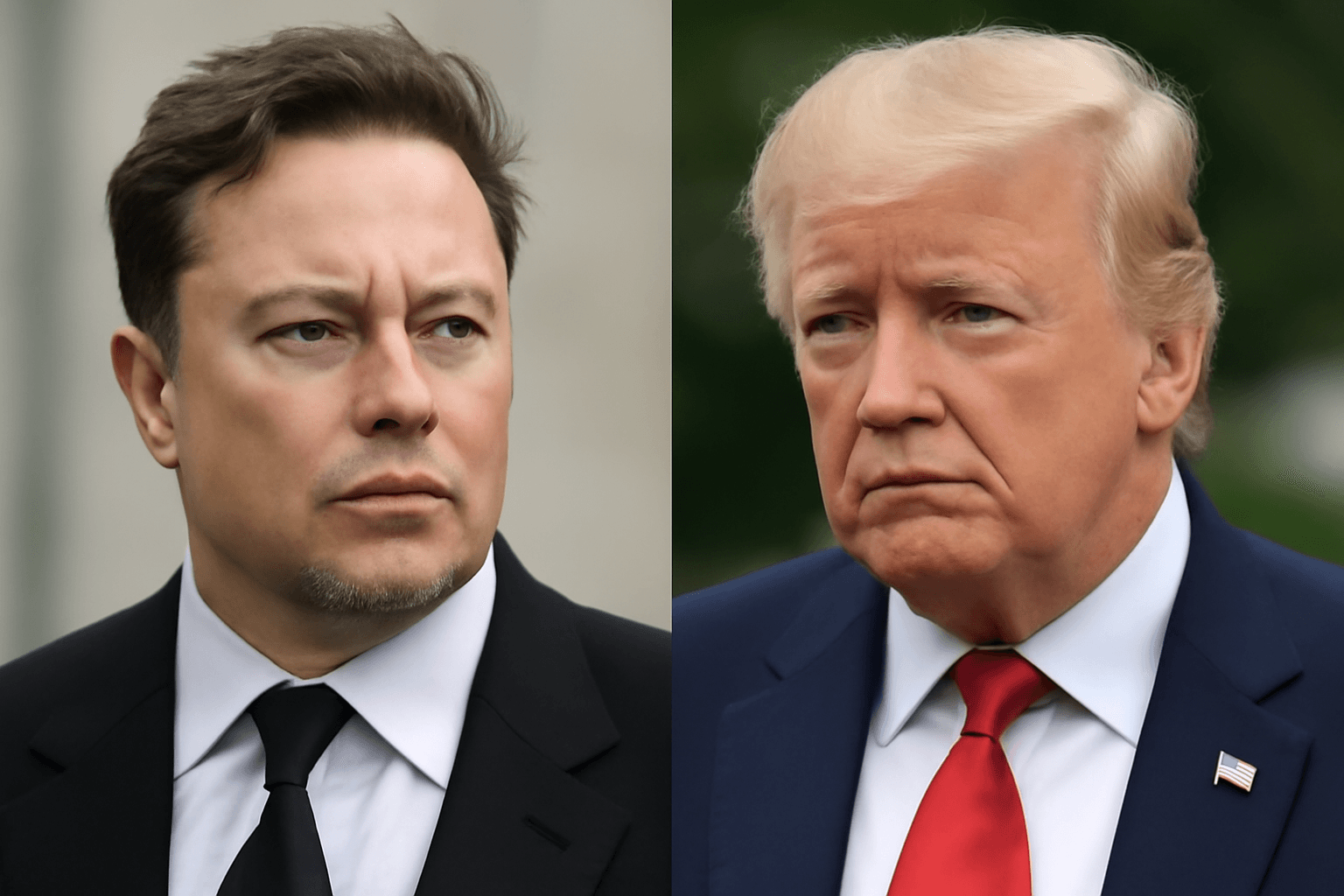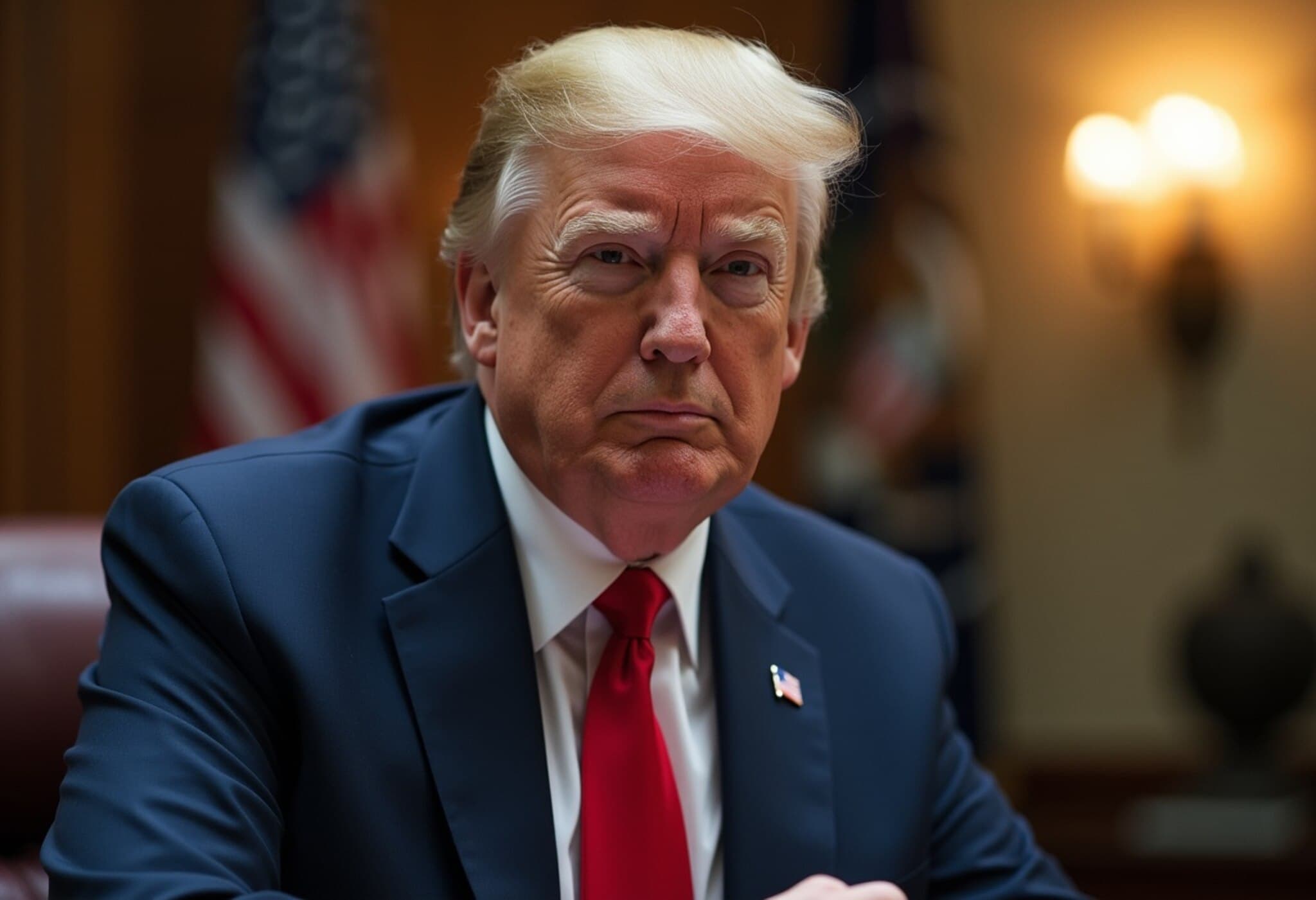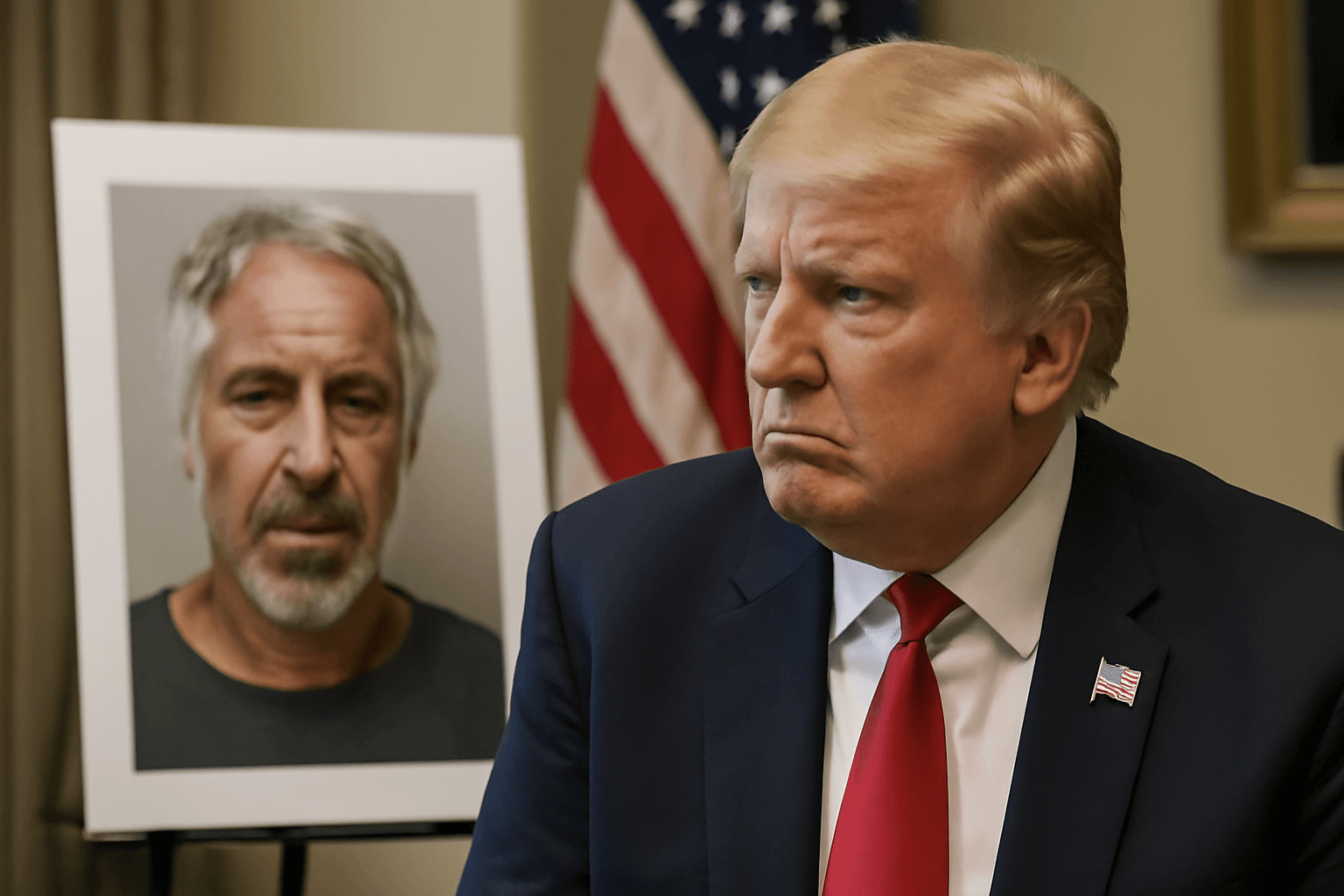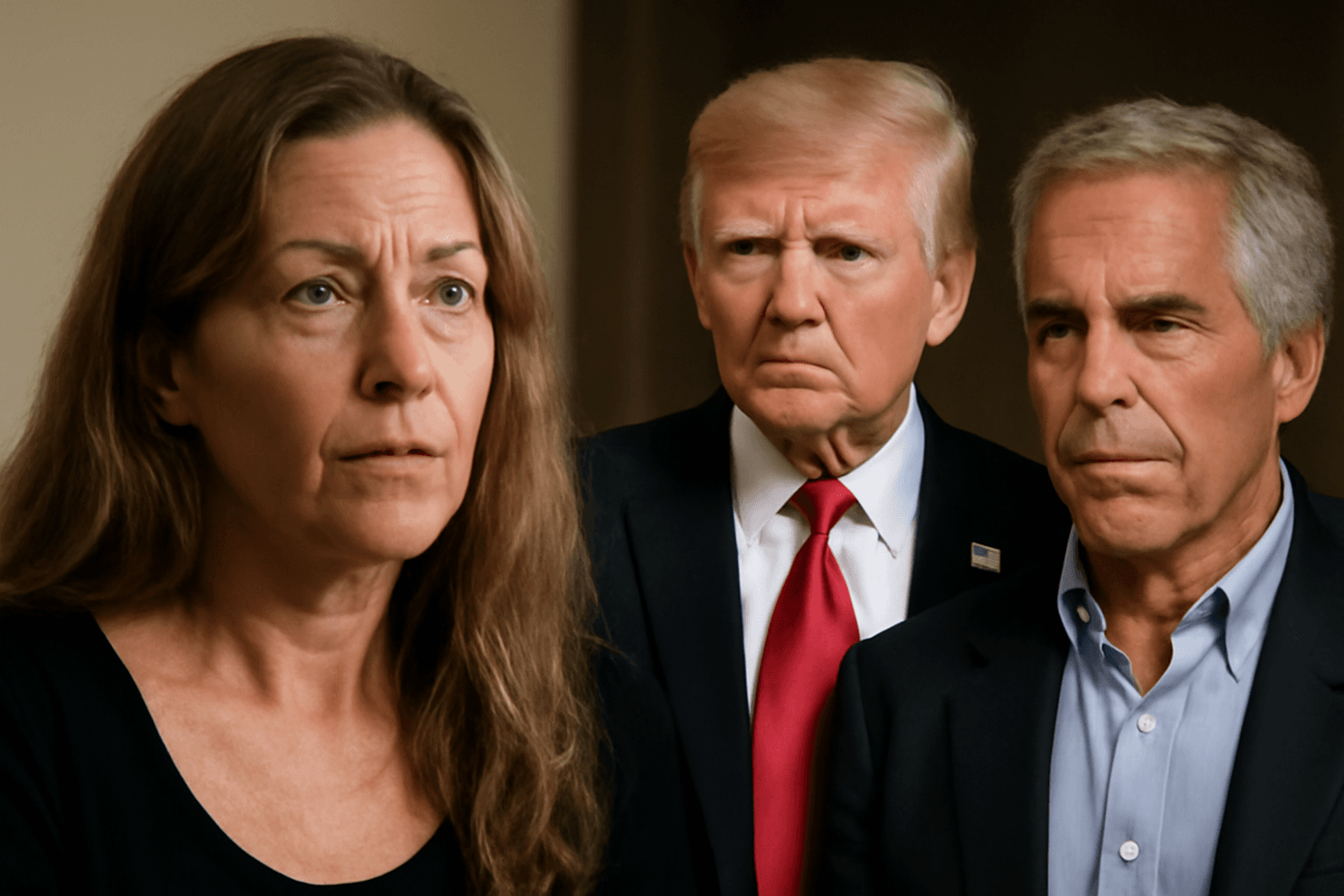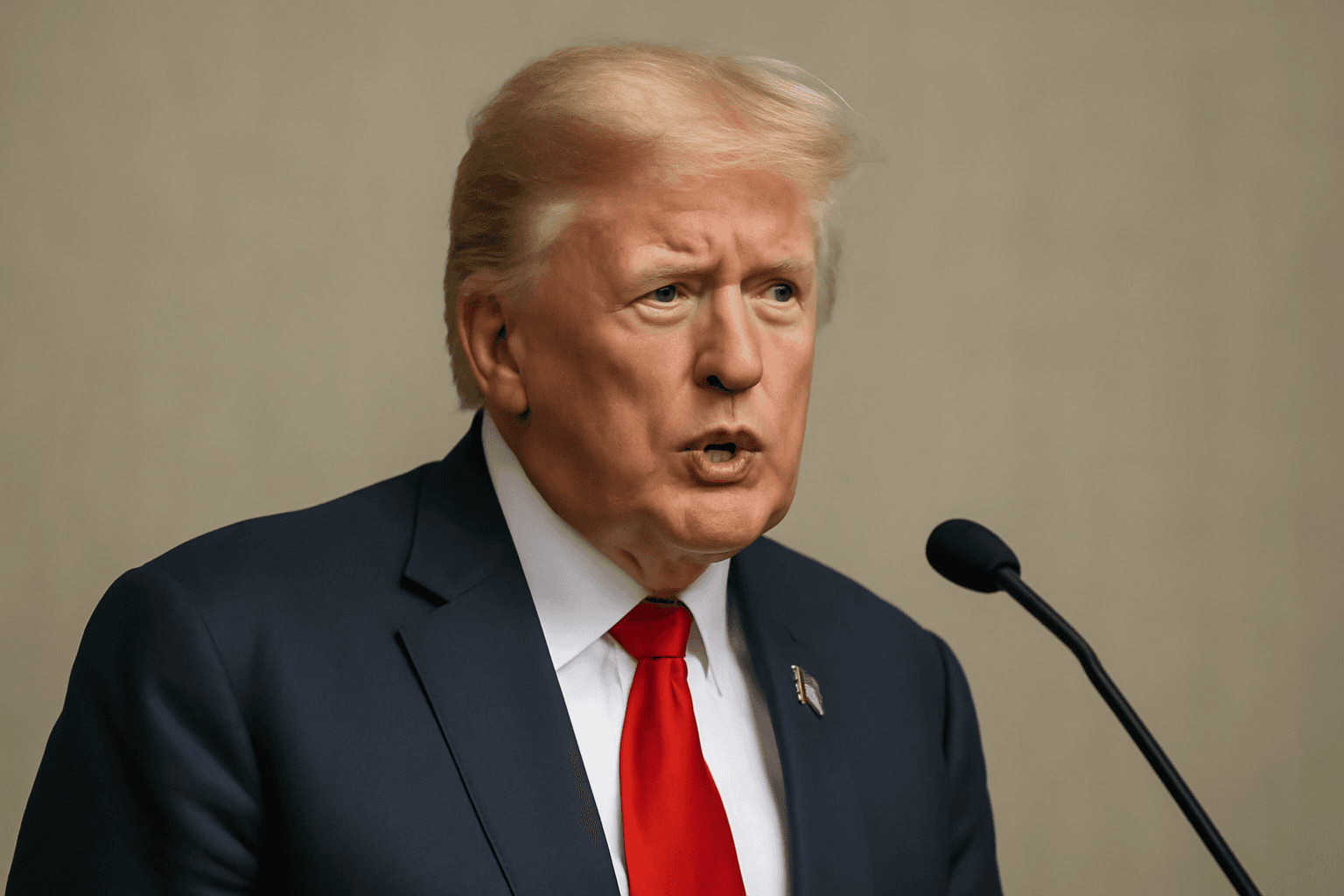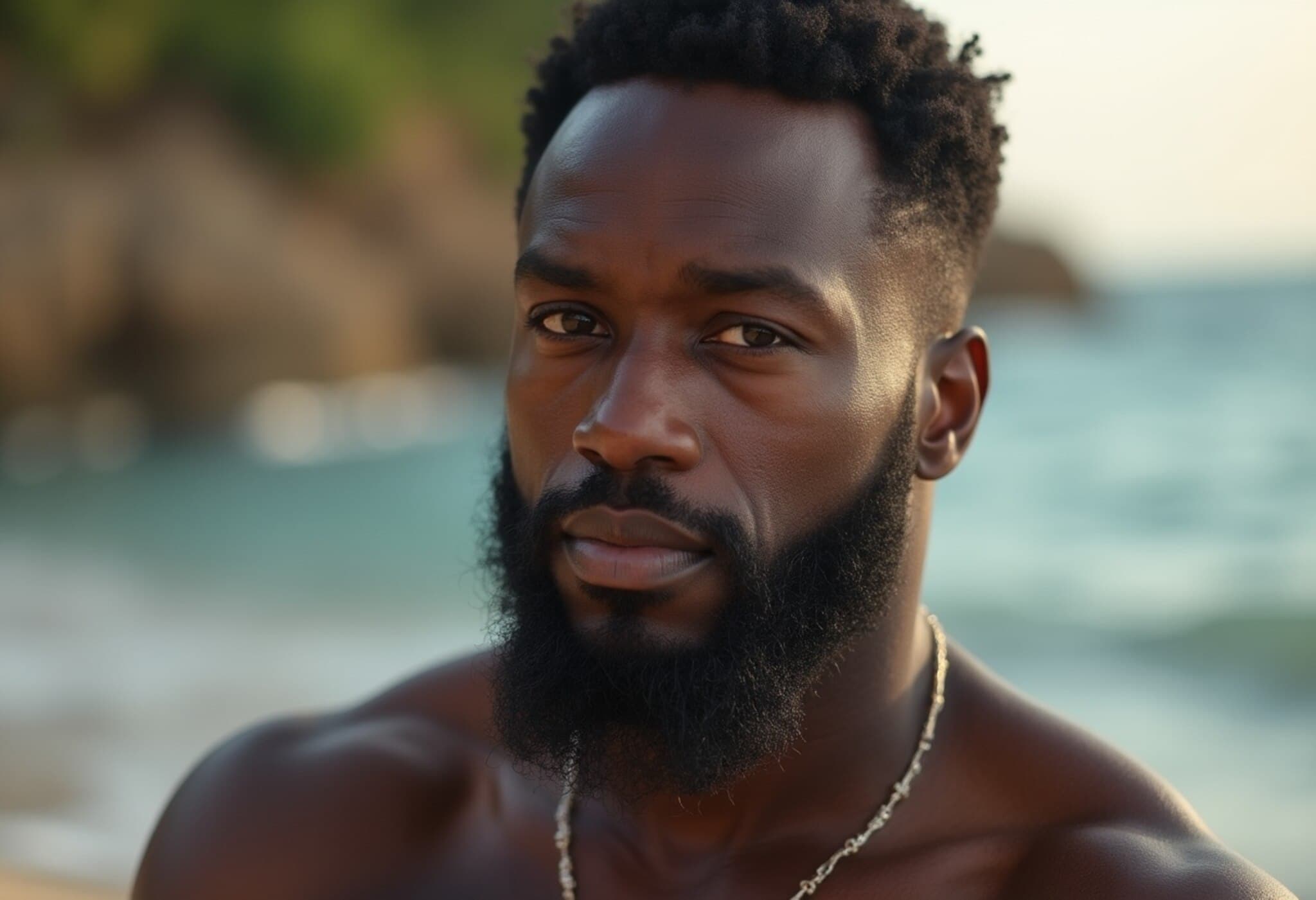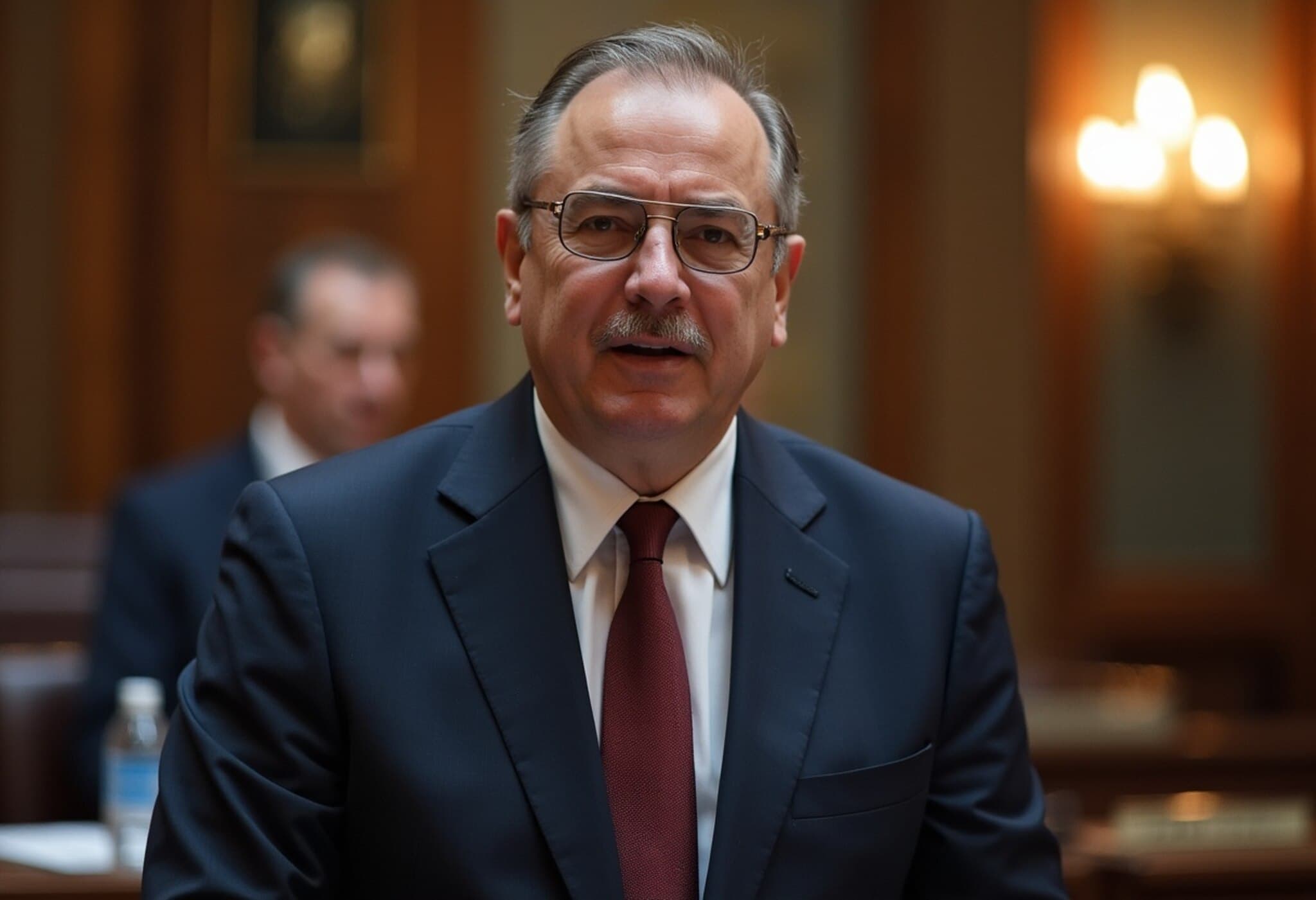White House Excludes Wall Street Journal Over Epstein Birthday Note Report
The White House has announced it will exclude The Wall Street Journal from accompanying U.S. President Donald Trump on his upcoming visit to Scotland. This exclusion is in direct response to the newspaper’s recent report revealing a suggestive birthday message Trump penned to his former acquaintance, the disgraced financier Jeffrey Epstein.
A Growing Rift Between Trump and the Press
This move marks at least the second significant instance of the Trump administration sidelining a major news outlet from the presidential press pool due to unflattering coverage. Earlier this year, several Associated Press journalists were barred from key events—a pattern increasingly viewed by media watchdogs as an aggressive clampdown on press freedom.
White House Press Secretary Karoline Leavitt justified the decision, stating, "As the appeals court confirmed, The Wall Street Journal or any other news outlet are not guaranteed special access to cover President Trump in the Oval Office, aboard Air Force One, and in his private workspaces." She added, "Due to The Wall Street Journal’s fake and defamatory conduct, they will not be one of the thirteen outlets on board."
The Contentious Epstein Connection
The WSJ’s article, published last week, unveiled an eyebrow-raising birthday letter Trump wrote in 2003 to Epstein, featuring a provocative illustration and references to a shared "secret." Epstein, who died under suspicious circumstances in a New York jail in 2019 while facing sex trafficking charges, had longstanding ties with Trump and other influential figures.
His death, officially ruled a suicide, has fueled numerous conspiracy theories within Trump’s far-right "Make America Great Again" (MAGA) faction. Some supporters are now demanding the full release of the so-called "Epstein Files," hoping to uncover more about elite networks linked to Epstein’s activities.
Legal Battles and Media Freedom Under Pressure
Following the article, Trump launched a lawsuit against The Wall Street Journal and its owner, Rupert Murdoch’s media empire, seeking at least $10 billion in damages over what he denies as "false allegations." Meanwhile, the U.S. Department of Justice under Trump-appointed Attorney General Pam Bondi reported no evidence of Epstein maintaining a "client list" or blackmailing powerful individuals before his death.
This escalating tension between the administration and the press corresponds with Trump’s broader efforts to exercise greater control over media access. In February, the White House abruptly revoked the White House Correspondents’ Association’s (WHCA) longstanding role in managing press pool privileges, effectively centralizing media accreditation decisions under Trump’s direct purview.
Impact on Press Freedom and Public Trust
WHCA President Weijia Jiang condemned the administration’s actions, emphasizing, "This attempt by the White House to punish a media outlet whose coverage it does not like is deeply troubling, and it defies the First Amendment. Government retaliation against news outlets based on the content of their reporting should concern all who value free speech and an independent media."
Media experts warn that such exclusions risk eroding public trust in both presidential transparency and the essential role of the press in holding power accountable. With Trump heading to Scotland, where he owns two golf resorts and intends to meet UK Prime Minister Keir Starmer, the incident casts a spotlight on the intersection of politics, media dynamics, and longstanding controversies surrounding Epstein’s saga.
What Lies Ahead?
- Will further legal proceedings clarify or deepen the controversy surrounding Trump’s relationship with Epstein?
- How will other news organizations respond to potential barring tactics by the administration?
- What implications do these moves have for press freedom and democratic norms in the United States?
Editor’s Note
The exclusion of The Wall Street Journal from President Trump’s Scotland trip highlights a deepening divide between the administration and free press engagement. This episode serves as a reminder of the delicate balance between presidential authority and media independence in a democracy. It also raises vital questions about transparency and accountability amid politically charged narratives and ongoing legal disputes. Observers should watch closely how this dynamic unfolds, as it reflects broader challenges confronting U.S. democracy today.

